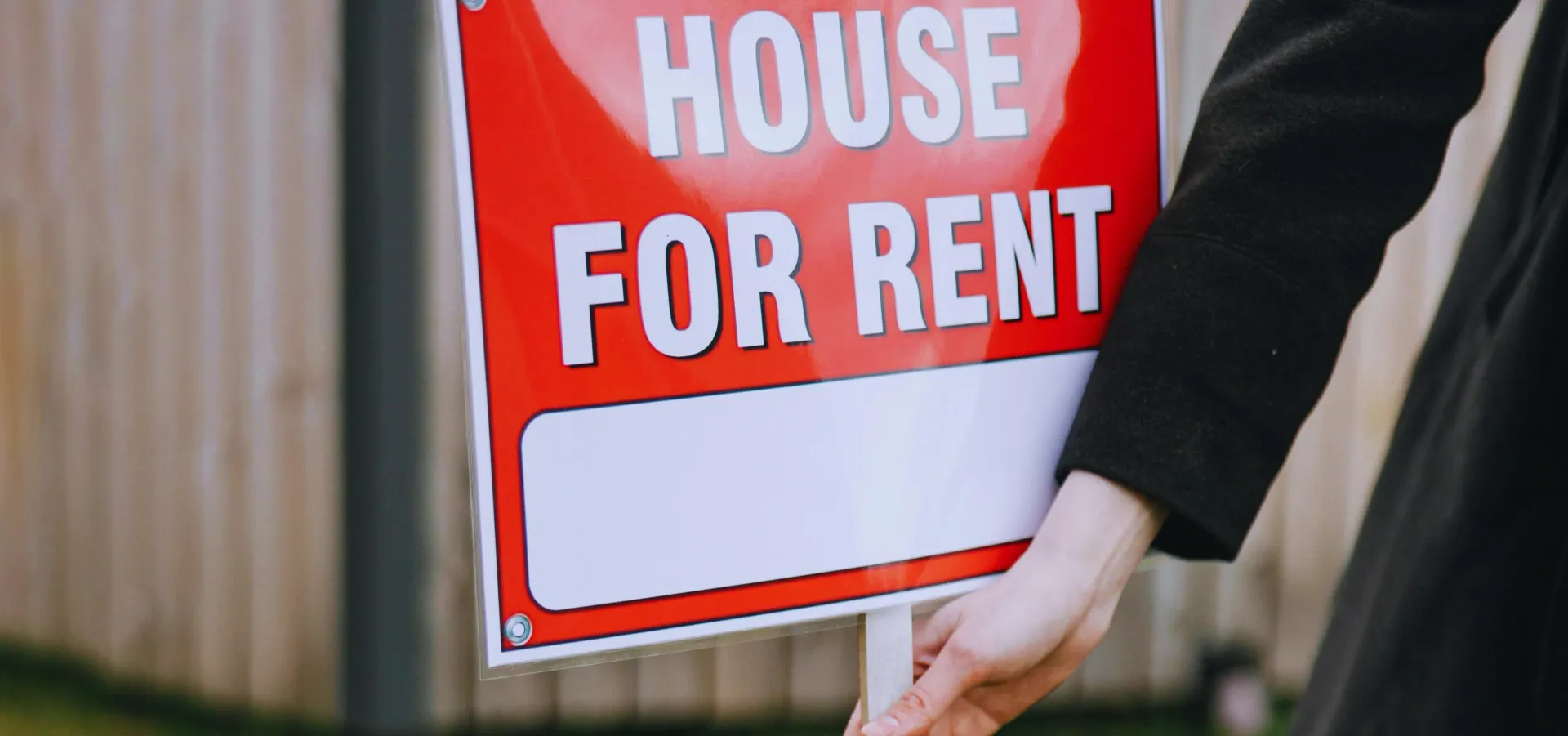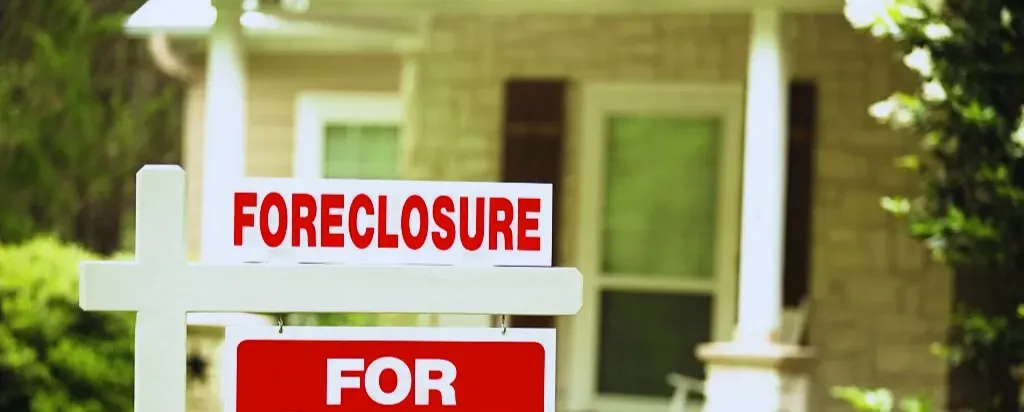How to Successfully Sell Your Home During a Divorce
Selling a home is never easy. But when it’s happening alongside a divorce, things can get far more complex. That said, selling your home during a divorce doesn’t have to be a catastrophic experience. With careful planning, clear communication, and the right support team, you can turn this challenge into an opportunity for financial clarity and emotional healing.

Understanding the Emotional and Legal Challenges
When a couple decides to divorce, emotions run high. The home, often seen as a shared achievement or a space full of memories, becomes a symbol of a partnership that’s ending. It's not just real estate—it's a chapter of your life.
Moreover, legal complexities surrounding property division add another layer. Courts require fair and legal handling of asset division, and your home is usually the most significant asset. Knowing the ins and outs is crucial to make informed decisions rather than emotional ones.
Divorce and Property Division: What You Must Know
Most jurisdictions follow either community property or equitable distribution laws. In a community property state, everything acquired during the marriage is split 50/50. In equitable distribution states, a judge will divide property fairly, though not necessarily equally.
This impacts whether selling the home is necessary or whether one party can keep it. If both spouses are listed on the deed, they both must agree to the sale terms unless a court intervenes.
Joint Tenancy vs. Community Property: Which Applies to You?
Understanding your ownership structure will guide your decisions. Are you listed as joint tenants with right of survivorship, or does the property fall under community property laws? These distinctions determine rights, responsibilities, and how the proceeds are shared post-sale.
Coping Emotionally While Selling a Shared Home
Let’s be honest—selling a marital home isn’t just a transaction. It’s emotional. One of you might be more attached to the house than the other. Maybe one doesn’t want to sell at all.
Creating emotional distance from the house is vital. Reframe the process as a financial decision, not a personal defeat. Therapy, support groups, or even a neutral third-party mediator can help navigate sensitive discussions.
Best Time to Sell Your House During a Divorce
Timing can influence not only your profit margin but also your peace of mind. If your market is hot, delaying the sale may mean leaving money on the table. However, waiting might provide time to cool down emotionally or finalize divorce proceedings for clarity on legal boundaries.
Ideally, selling before the divorce is finalized ensures both parties are motivated to collaborate and share responsibility.
Determining Fair Market Value of the Home
Pricing your home correctly is essential. Hire a neutral real estate appraiser or consult with an experienced Realtor to determine your home’s true value. Avoid the trap of overpricing out of emotional attachment.
Capital Gains, Liens, and Mortgage Impacts
If you’ve lived in the home for at least two of the last five years, you may qualify for a capital gains tax exclusion—up to $250,000 for individuals or $500,000 for couples. However, legal separation might change your tax filing status.
Existing mortgages or home equity loans also need addressing. If one spouse refinances to buy out the other, ensure the loan liability is legally shifted.
Why Hiring the Right Realtor is Crucial
Not all real estate agents are equipped to handle divorce-related sales. You need a Realtor who understands the emotional and legal nuances involved. A neutral professional can bridge gaps in communication and keep both parties focused on the goal.
Staging the Home Without Conflict
Preparing a home for sale during a divorce brings unique challenges. Disagreements can flare over how to decorate or what items to keep on display. Still, staging is crucial—it can increase your sale price by up to 10%. If you and your ex can't agree on décor, consider hiring a professional stager or trust your Realtor to guide the process objectively.
Keep it neutral. Remove overly personal items like family photos, and opt for a clean, minimalist look. This helps potential buyers envision themselves in the space—free of the emotional residue from the home's history.
Effective Communication with Your Ex-Partner
While it may be tough, clear and respectful communication is the backbone of a successful sale. Use written communication, shared spreadsheets, or even mediation apps to reduce the chances of miscommunication or emotional escalations.
Try to treat each conversation as a business meeting. Stick to facts, avoid blame, and don’t bring up unrelated issues from the marriage. If necessary, let your Realtor or mediator be the middleman to keep things professional.
The Role of Mediators and Real Estate Attorneys
Legal professionals can be lifesavers during a divorce sale. Real estate attorneys help ensure that any deal reached is enforceable and fair. They draft sale agreements, resolve disputes, and verify that proceeds are distributed as per your divorce decree.
A mediator can also help resolve disagreements without going to court, especially when decisions become emotionally charged. These experts promote compromise and maintain neutrality, guiding both parties toward mutually beneficial outcomes.
To Sell or Not to Sell: Alternatives Like Buyout or Co-ownership
Selling the house isn’t your only option. You can consider:
- A buyout, where one spouse refinances the mortgage and pays the other their share.
- Co-ownership, where both remain on the title and rent the property or sell later when the market improves.
- Deferred sale, often used when children are involved, allowing one spouse and the kids to stay in the home temporarily.
Each route has its pros and cons. Financial security, emotional stability, and legal fairness must all be considered before choosing.
How to Equitably Divide the Sale Profits
After closing, how do you split the check?
If a court hasn’t already ruled, the division is usually based on equity contribution, legal ownership, and state laws. It’s important to account for:
- Original down payment (and who paid it)
- Mortgage payments made post-separation
- Any renovations or maintenance costs
Ensure the split is clearly outlined in writing before listing. This avoids confusion—and conflict—at closing time.
Understanding the Tax Implications of Selling
Don’t overlook the IRS. Selling a house during a divorce can come with capital gains tax liabilities, especially if your profit exceeds $250,000 as a single filer.
However, if the house was your primary residence for at least two of the last five years, you may qualify for a capital gains exclusion—up to $500,000 for married couples filing jointly or $250,000 for individuals.
Always consult with a tax professional to assess your unique situation and avoid surprises during tax season.
Releasing Liability and Removing One Name from the Loan
Selling a home typically releases both parties from the mortgage. But if one spouse keeps the home, the other must be formally removed from the loan and deed.
This requires refinancing the mortgage under the name of the spouse staying. Failing to do this means the other spouse remains liable, even if the divorce agreement says otherwise.
What Happens if You Have a HELOC?
A Home Equity Line of Credit can complicate the process. This second lien must be paid off—either through the sale proceeds or refinanced by one spouse.
Check with your lender to determine the exact payoff balance and ensure there are no penalties or fees that could cut into your equity unexpectedly.
Joint Decision-Making on Price, Offers, and Agent
Disagreements over sale price, listing agent, or which offers to accept can stall your timeline. That’s why it’s essential to select a Realtor experienced in handling divorce sales.
To reduce friction:
- Set clear expectations in writing.
- Agree on minimum offer amounts.
- Let your Realtor act as the neutral party for all negotiations.
This ensures decisions are made based on market facts—not emotions.
Coordinating Schedules to Accommodate Viewings
Living in a house while it’s on the market is inconvenient enough. Add divorce to the mix, and you’re walking a tightrope.
Coordinate showing times through your Realtor or a shared calendar to avoid confrontation. If both spouses still live in the home, take turns leaving during open houses to reduce tension and maintain the home’s appeal to buyers.
Legal Disclosure Obligations When Divorcing
Divorcing or not, you are legally obligated to disclose known issues with the property. Failure to do so could result in lawsuits, especially if one spouse tries to withhold information out of spite.
Make full disclosures, including:
- Water damage
- Roof issues
- HOA disputes
- Pending liens
Your Realtor or attorney can help you prepare a Seller’s Disclosure Statement to keep everything above board.
How the Divorce Process Can Delay Your Sale
Sometimes, the legal timeline of your divorce will dictate when or how the home is sold. Courts may freeze the asset until a decision is made, especially if child custody or financial abuse claims are involved.
Be proactive by:
- Getting court permission to sell
- Including terms in your divorce decree
- Working with your attorney to avoid delays
Addressing Child Custody and Living Situations
If children are involved, selling the home adds another layer of emotion and complexity. Judges often factor in stability for the kids, so you may be allowed to delay the sale until after the school year or until a custodial arrangement is in place.
Ensure both parties agree to transition plans for the children and include them in your parenting agreement.
Coordinating Moving Out and Vacating the Home
Once you’ve accepted an offer, it’s time to move. This process can ignite tension—especially over who leaves first and how shared items are divided.
Use a neutral third party or mediator to divide personal property. Schedule move-out dates in advance and honor them. It’s often wise to leave the home staged until the final walk-through to maintain buyer interest and maximize value.
How to Sell Without Bitterness or Regret
It’s not just about getting the best offer—it’s about closing the chapter with dignity. Focus on what lies ahead rather than what’s being lost.
Celebrate this step as a new beginning. Divorce is an ending, but selling your home can mark the beginning of healing.
Drafting a Court-Approved Property Sale Agreement
To avoid disputes down the road, draft a Property Settlement Agreement that covers:
- Sale price threshold
- Realtor commission
- Proceeds division
- Handling of offers
Have the court approve it to ensure both parties comply legally.
How to Prevent One Spouse from Derailing the Sale
Sadly, not every divorce is amicable. One spouse may refuse to sign, sabotage showings, or threaten legal action. In such cases:
- Keep communication in writing
- Use your attorney or Contact your Realtor as a buffer
- Petition the court for a forced sale if needed
Document everything to protect yourself and the transaction.
Strategic Pricing for a Faster Divorce Sale
Price too high and your home sits. Price too low and you lose equity. Your Realtor can help strike the perfect balance using:
- Comparative Market Analysis (CMA)
- Local real estate trends
- Professional appraisals
The goal isn’t just to sell—but to sell smart.
Signing the Sale Documents During Divorce
Both parties must sign the documents unless the court has granted one person exclusive rights. Schedule separate signing appointments to avoid awkward or emotional scenes at the closing table.
Moving Forward: Financial and Emotional Recovery
Once the house is sold, the next chapter begins. Use your share of the proceeds to secure a new living space, pay down debt, or invest in your future.
More importantly, take the time to heal. Divorce is painful, but it also offers a chance to rebuild, refocus, and rediscover yourself.
FAQs
Can we sell the house before the divorce is finalized?
Yes, but both parties must agree on the sale terms and how proceeds are split.
What if one spouse refuses to sell the house?
A court can order the sale, especially if the home is marital property.
Who pays the mortgage during the home-selling process?
Usually, both parties are still responsible until the sale is completed, unless otherwise negotiated.
Can I buy out my spouse's share?
Yes, you can refinance the home in your name and pay your spouse their share of equity.
What happens to the sale proceeds?
They are typically split based on the divorce agreement or court ruling.
Is it better to sell before or after the divorce?
Selling before can simplify the asset division, but consult your attorney for specific advice.
Conclusion
Selling your home during a divorce may feel overwhelming, but it doesn’t have to be destructive. By leaning on professionals, maintaining clear communication, and approaching the process as a business transaction, you can emerge stronger—emotionally and financially. This is a chance to reset, start fresh, and build a stable future.
Links:











